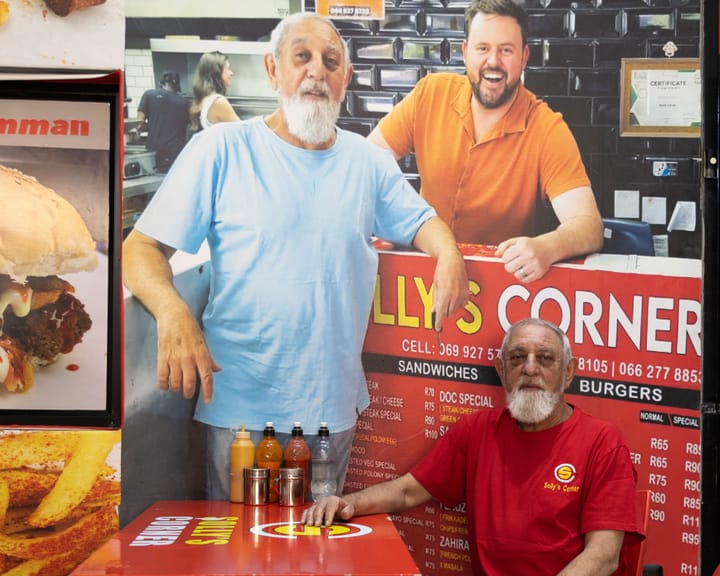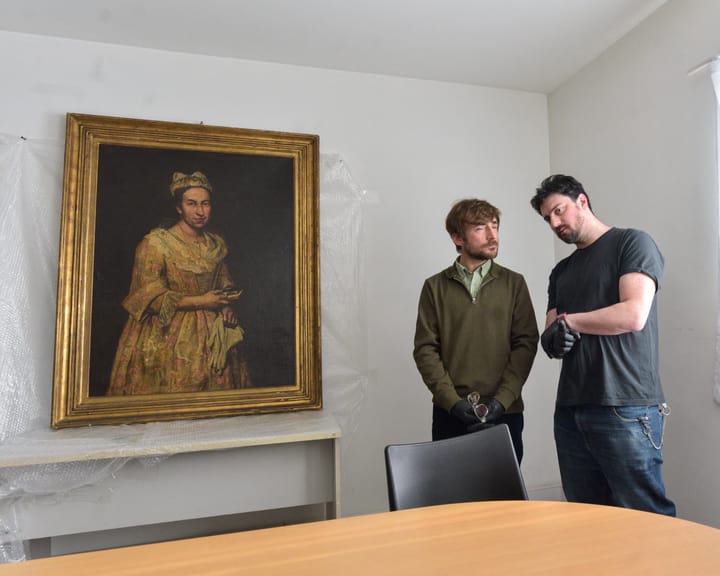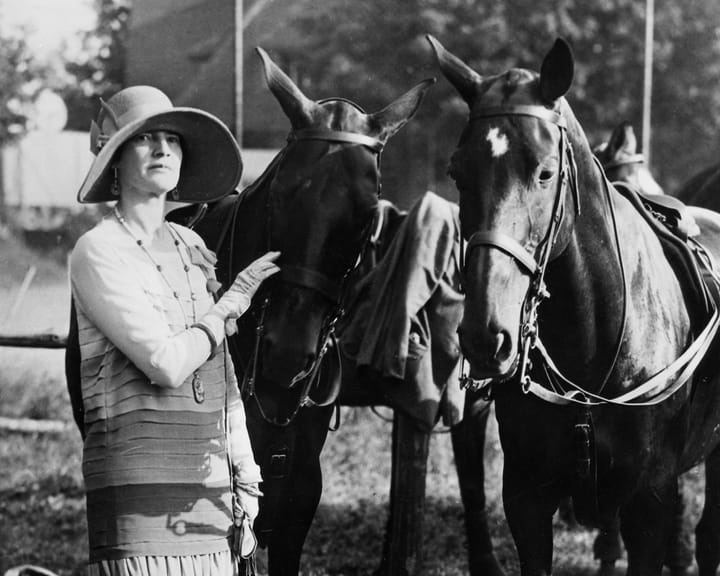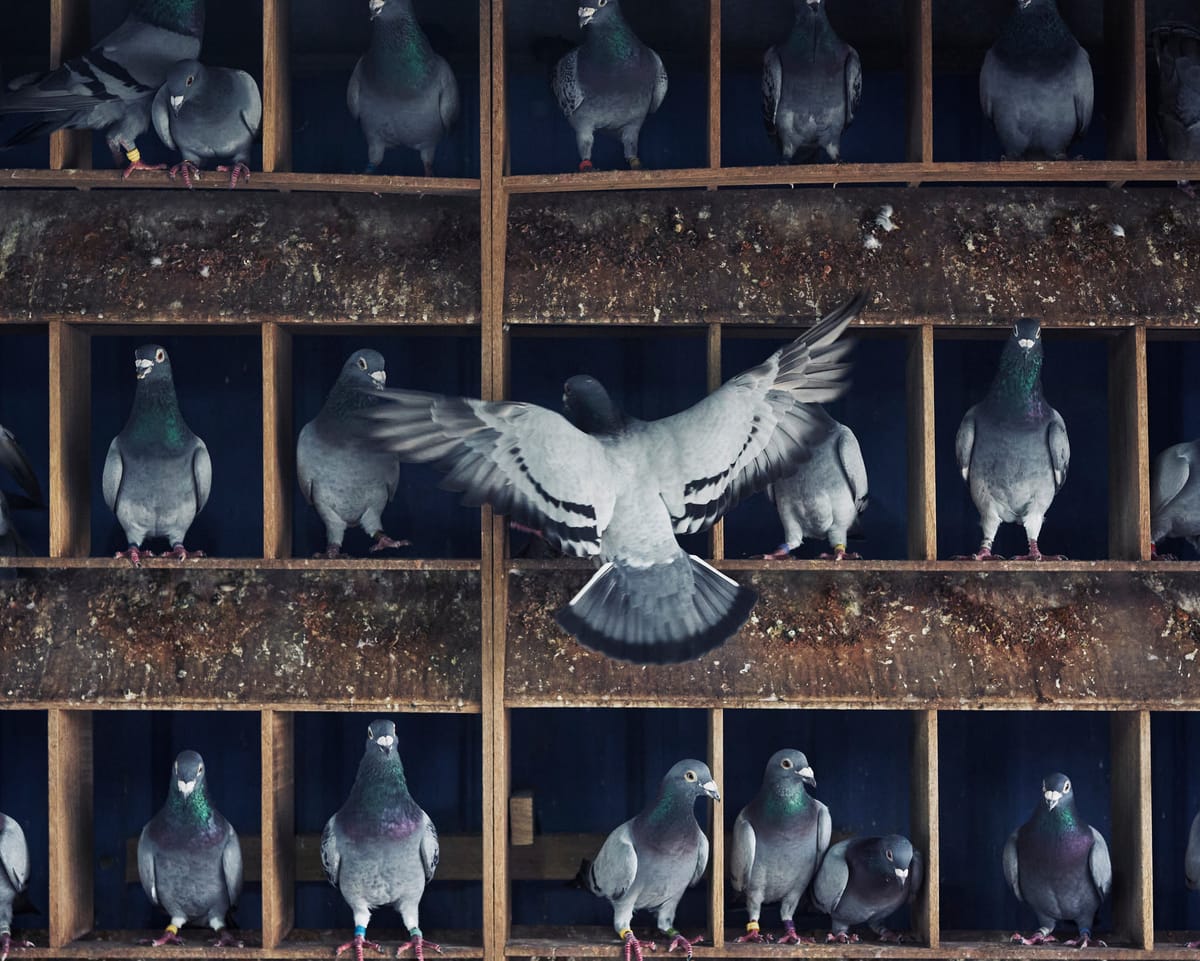The High-Stakes World of Pigeon Racing in Taiwan
Some competitors have been abducted and held for ransom. Others were allegedly smuggled onto fast trains to reach the finish line sooner. A few are kept underfed to boost their speed on race day.
This is the intense and often controversial world of pigeon racing in Taiwan.
The sport has been popular worldwide for centuries, but Taiwan’s scene stands out with its high stakes and extreme tactics. However, many participants now want reforms.
Wu Chung-ming leads the national pigeon racing association and a local club. His desk holds a quirky pigeon-shaped ashtray while a computer nearby processes transactions for a pigeon-related cryptocurrency. Outside, his car—chosen for its distinctive doors—sits parked.
“Initially, I wasn’t very interested,” he tells *CuriosityNews*. “But once I got into it, I met so many dedicated enthusiasts.”
Wu is among those pushing for clearer rules to curb unfair practices and ensure fair competition for honest racers.
The sport in Taiwan began a century ago during Japanese rule, later becoming popular among rural, working-class communities. Today, it involves around 200,000 breeders and trainers, with nearly a million birds raced annually across 80 regional clubs. Though its roots remain working-class, it has become a lucrative industry, with official prizes reaching over NTD$30m ($1m) per season. Yet it operates in a legal grey area.
“If it’s illegal, close us down immediately,” Wu says. “But if legal, shouldn’t there be policies to support us?”
Loose oversight and large sums have encouraged questionable behavior, including tampering with tracking chips to send a backup bird ahead. Some trainers use banned substances or isolate racers from their mates to spur faster returns—even staging fake infidelity to motivate them with jealousy.
“Managing a club here is difficult because cheating is rampant,” Wu admits. “I’ve heard endless tricks over the years.”
He hopes to collaborate with authorities to legitimize the sport, but officials have left it in limbo, citing concerns over illegal activity.
Read next

"TikTok star highlights political power of South Africa's unsung culinary treasures"
Solly’s Corner, a popular eatery in downtown Johannesburg, was busy. Pieces of hake and crisp fries crackled in the fryer, green chillies were chopped, and generous amounts of homemade sauce were spread onto filled sandwiches.
Broadcaster and food enthusiast Nick Hamman stepped behind the counter, where Yoonas and Mohammed

Nazi-looted 18th-century portrait found in Argentina after 80 years
There was nothing particularly unusual about the middle-aged couple living in the low, stone-covered villa on Calle Padre Cardiel, a quiet street in the tree-lined Parque Luro neighborhood of Mar del Plata, Argentina’s most well-known coastal city.
Patricia Kadgien, 58, was originally from Buenos Aires, roughly five hours north.

"An aristocrat hid her Jewish lover in a sofa bed amid daring acts of German resistance to the Nazis"
Resistance in the Shadows: Germans Who Defied the Nazis
Growing up, our home had a steadfast rule: nothing German was permitted. No appliances from German manufacturers in the kitchen, no cars from German automakers in the driveway. The decree came from my mother. She was not a survivor of the

